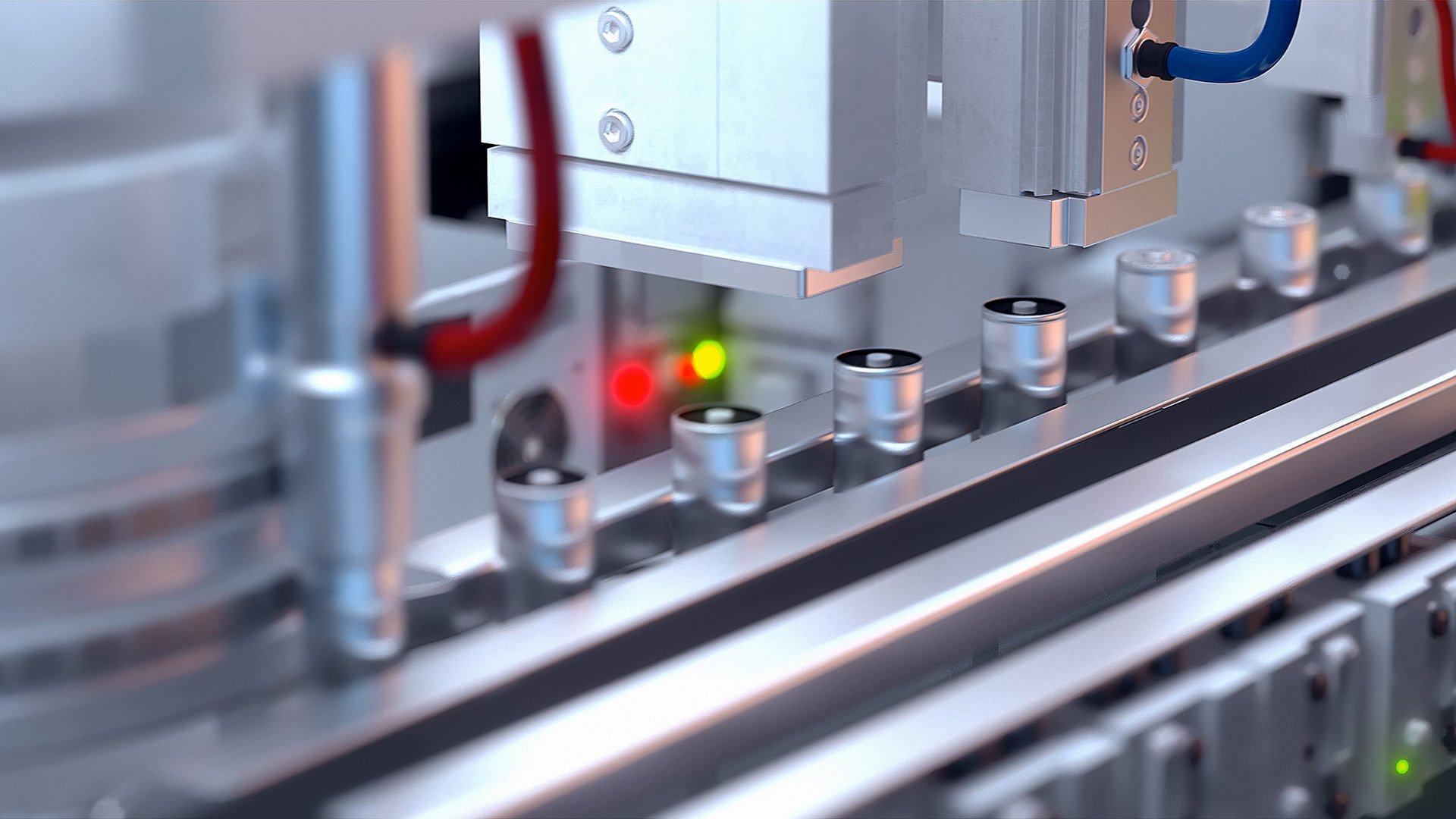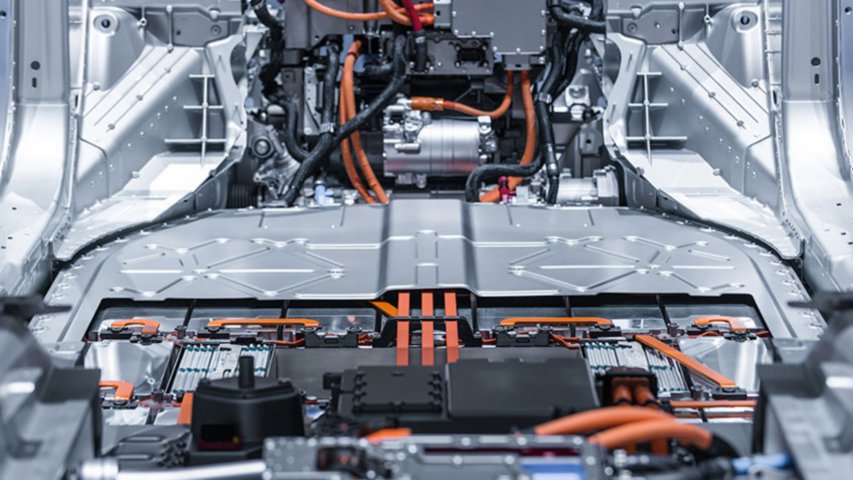Make MES Functional Requirements Your First Move
How do you start down the path toward a timely MES implementation? More often than not, the customers we work with ask for an MES quote – and provide a document outlining their expectations. Although extremely helpful, these documents rarely provide the specificity we – or any MES supplier – needs to recommend a cost-effective, best fit solution.
To lead customers down the path to success, we require explicit answers to operational questions, such as:
- Exactly how do you plan to implement order creation?
- How will you define what is owned by the product lifecycle management (PLM) system and what is owned by the MES?
- What do you mean by “quality management” – and how will you enforce it?
- What is your preferred deployment method – cloud, on-premise or hybrid?
We have found that one of the best ways to gather this type of information is through a functional requirement specification (FRS) workshop. The sooner this workshop is held – and MES, IoT and network and infrastructure requirements are defined – the better.
Impact to Procurement Cycles
We all know a timely gigafactory launch often comes down to whether equipment vendors can meet aggressive procurement deadlines. That’s why machine and line builders must also be brought to the table early and in parallel with the MES definition process.
It may be tempting to “jump start” the procurement process – especially given ongoing supply chain issues and significant equipment backlogs at key suppliers. But doing so can cause significant issues that can impact the launch – especially during the commissioning process.
For example, without clearly defined MES requirements, you risk receiving systems that lack inline quality testing capabilities, lines with manufacturing networks that inhibit proper data flow, and machine logic that does not include key parameters needed for the MES system to operate – and more. Of course, there are likely workarounds to solve these issues, but all take time and increase costs.






